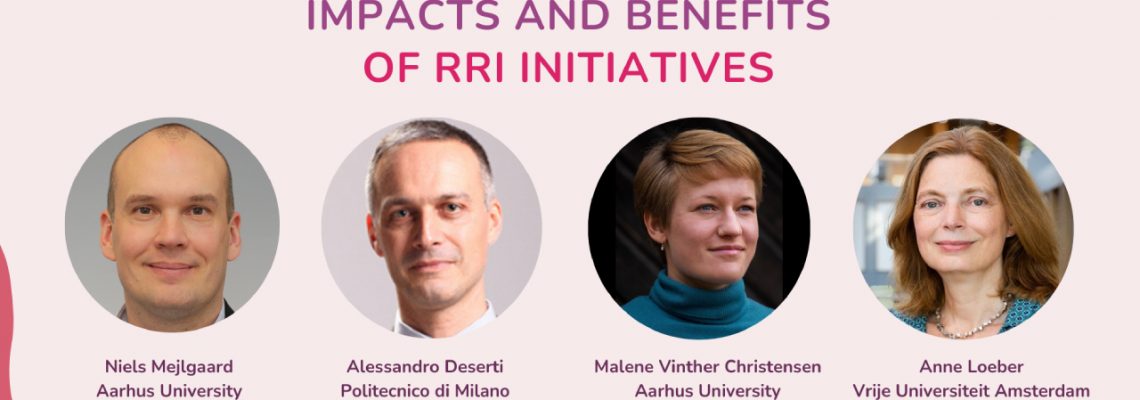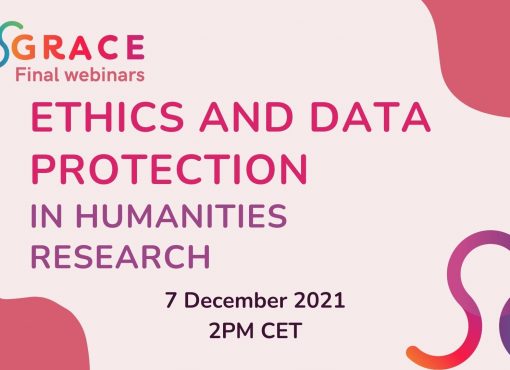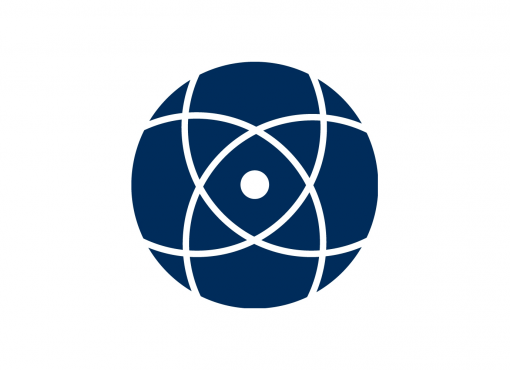
Different approaches to RRI Evaluation
Responsible Research and Innovation (RRI) has become a highly influential policy agenda as the European Commission has encouraged its implementation in research funding and performing organizations in the past decade, notably through Horizon2020. Along with the increased attention came a need to monitor progress and evaluate the impacts and benefits of RRI initiatives. This is not an easy task, however, as the RRI terminology has been criticized for being too vague and as initiatives can be implemented at many different levels, including national, region, local, organizational or even in individual practices, in diverse contexts. The MoRRI project (2014-2018) conceptualized and implemented the first RRI monitoring system in Europe and The SUPER project MoRRI (2019-2023) continues this work.
In this webinar, Niels Mejlgaard will speak about the journey from the MoRRI into the SUPER MoRRI project, and the opportunities and challenges in developing indicators for RRI. Three panelists, Alessandro Deserti, Malene Vinther Christensen, and Anne Loeber will present three vastly different approaches to evaluate RRI initiatives from the SISCODE, GRACE and NewHoRRIzon projects.
Keynote speaker: Niels Mejlgaard
Niels Mejlgaard is a Professor at the Department of Political Science and Associate Dean at the Aarhus School of Business and Social Sciences, Aarhus University. His work focuses on research policy and governance and the interactions between science and society. He has been involved in several collaborative projects about Responsible Research and Innovation including the MoRRI project, which was the first large-scale attempt at creating a monitoring and evaluation system for RRI, and now the SuperMoRRI project, which develops it further.
Panelists: Alessandro Deserti, Malene Vinther Christensen, and Anne Loeber
Alessandro Deserti is a Professor of Product Design at Politecnico di Milano where he has been chair of the Product Design program and teaches in bachelor, master, PhD, and post-graduate specialization programs. He has worked on applied research and consulting and been involved in several research project including SISCODE. SISCODE has set up 10 co-creation labs to develop sustainable solutions to local societal problems, which have been evaluated with a set of assessment tools, based on both quantitative and qualitative methods, including adapted indicators, self-assessment questionnaires, case studies and future scenarios.
> Presentation slides
Malene Vinther Christensen is an Administrative Officer at the Department of Political Science at Aarhus University. Her work is centred around Responsible Research and Innovation and how different organizations work to strengthen responsible practices. She is particularly interested in facilitating discussion and reflection about social responsibility and RRI initiatives and in evaluating these. This she has done in the GRACE project with and evaluation design inspired by Empowerment Evaluation, which seeks to build evaluation capacity in the implementing organizations.
Anne Loeber is an associate professor in governance and sustainability at the Athena Institute, Vrije Universiteit Amsterdam (VUA) and in the department of Political Science at the University of Amsterdam (UvA). Her research explores the relation between knowledge, power and agency in the governance of highly complex societal issues. She translates insights in how knowledge co-creation and policy co-design may trigger reflexivity and learning into methodologically innovative approaches to policy analysis and evaluation. Anne was involved in the NewHoRRIzon project in which 19 Social Labs on RRI were set up, for which she designed and led a narrative evaluation.
Moderator:
Lise Degn, Aarhus University, GRACE expert partner
This event is part of the eight final webinars the GRACE project is holding every Tuesday from 26 October to 14 December, where project partners and external experts share their findings and provide useful knowledge to implement RRI in research performing and funding organisations
For almost three years, GRACE project partners have worked towards implementing fundamental institutional change in 6 research performing and funding organisations. With an intense mutual learning programme and a co-creation environment, six expert partners have supported six other partners in developing a set of specific RRI-orientated Grounding Actions in their organisation, paving the way for further institutional change.

